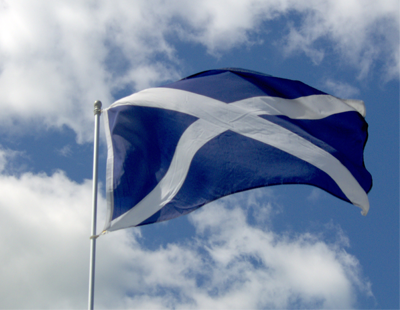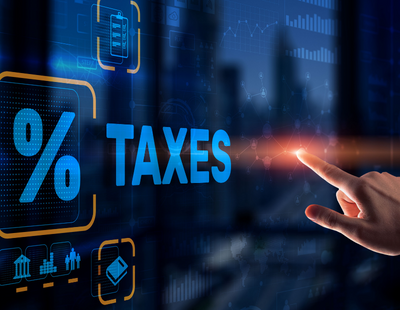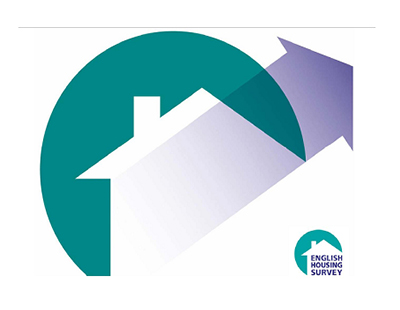Scottish landlords now face higher tax bills than their English counterparts, according to leading accountants French Duncan LLP.
This is due to the reduction of tax benefits - introduced in George Osborne's 2015 Budget with the aim of discouraging buy-to-let investment - hitting Scottish landlords harder thanks to the higher rates of tax at play north of the border.
Despite these changes, and a number of others which have been introduced since, many landlords remain unaware of just how significant these alterations are and the effect they are having on their tax liabilities and the viability of many buy-to-let investments.
“From next month three quarters of any interest paid on buy-to-let borrowing will be eligible for a 20% tax credit with the balance of interest deductible from rental income,” Stephen Oates, tax director with French Duncan, said.
“While this sounds complicated, the effect is alarming on the profitability of buy-to-let investment and Scottish landlords face a 15% greater reduction in net income by next year than their counterparts in England and Wales.”
He cited the following example. A higher rate taxpayer in Scotland with a rental income of £12,000 and interest on a buy-to-let mortgage of £8,000 will find their net income down to £1,100 (£100 less than in England) for the 2019/20 tax year, less than half the level it was in 2016/17.
From the 2020/21 tax year it will fall again to just £680, which is 15% lower than a landlord in England and 28.8% less than the net income four years earlier. As a result, Oates believes many landlords will begin to question the value of their property investment.
“Given that many private landlords became landlords because of personal circumstances i.e. they inherited property, or they were unable to sell their property and decided to rent it out until the market picked up, these tax changes could come as something of a surprise,” Oates continued.
“Amateur landlords are estimated to account for 60% of all landlords and are now faced with an array of financial and regulatory changes which have turned what was once a lucrative hobby into an administrative nightmare which may end up costing them money.”
Oates said that there was no doubt the goal of successive chancellors since George Osborne has been to make it more expensive for landlords to buy a property, more expensive to borrow and run a rented property, and more costly when the investment is sold.
“The result is that the whole process of being a landlord has become more complex, costlier, and less attractive for all but professionals and large-scale investors,” he added.
“Changes to taxation, to borrowing costs, to land and buildings transaction tax, and to tax relief on selling properties means that for many landlords what was once a relatively simple, and profitable, process has become a nightmare. The result of all this change is that many landlords have been exiting the market.”
Oates argued that, whilst that may be the correct move for some, they need to ensure they exit as tax efficiently as possible. For others, the option to remain a landlord can be worth it, but they need to ensure they have the right tax and financial setup.









.png)










Join the conversation
Be the first to comment (please use the comment box below)
Please login to comment